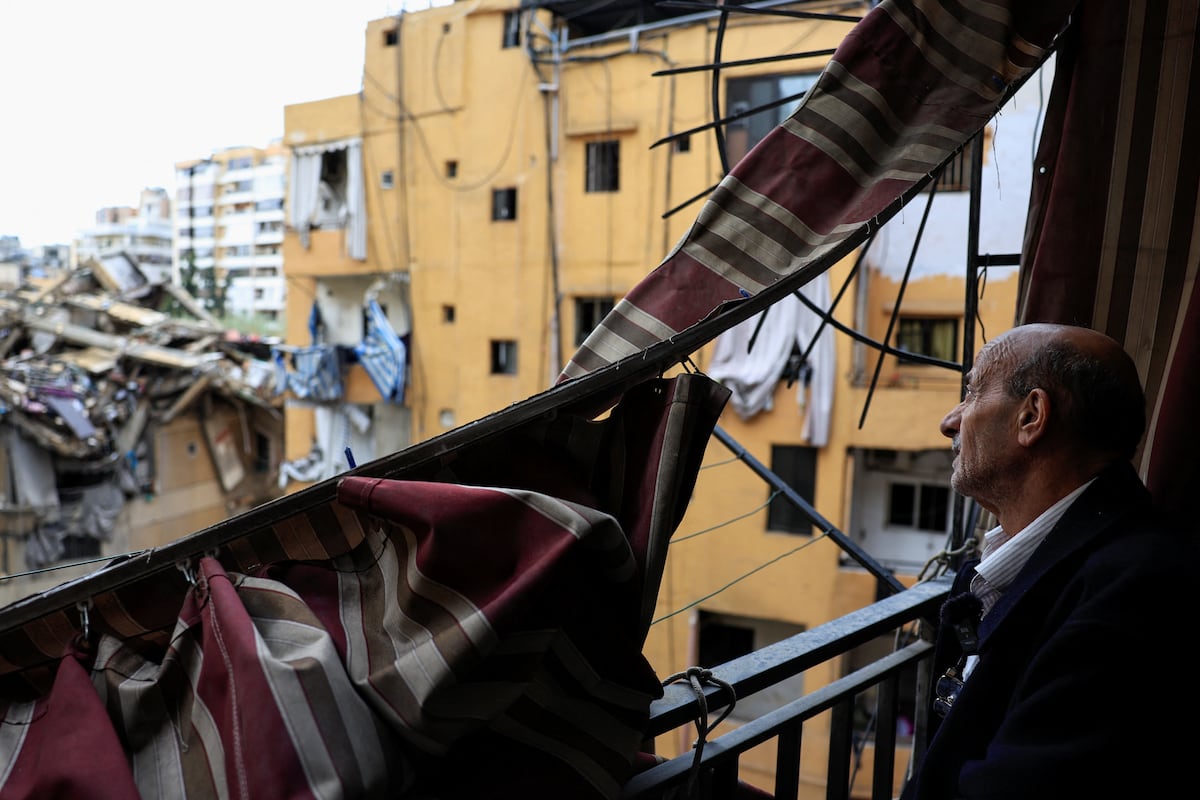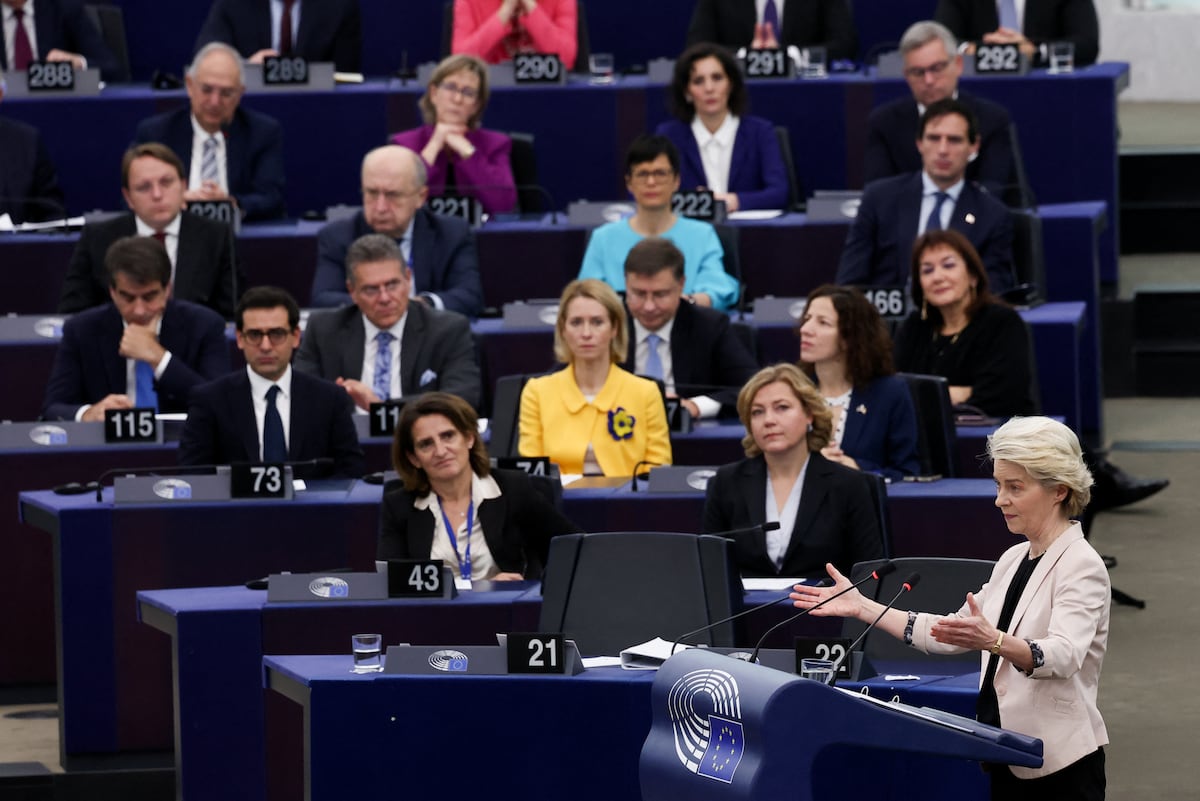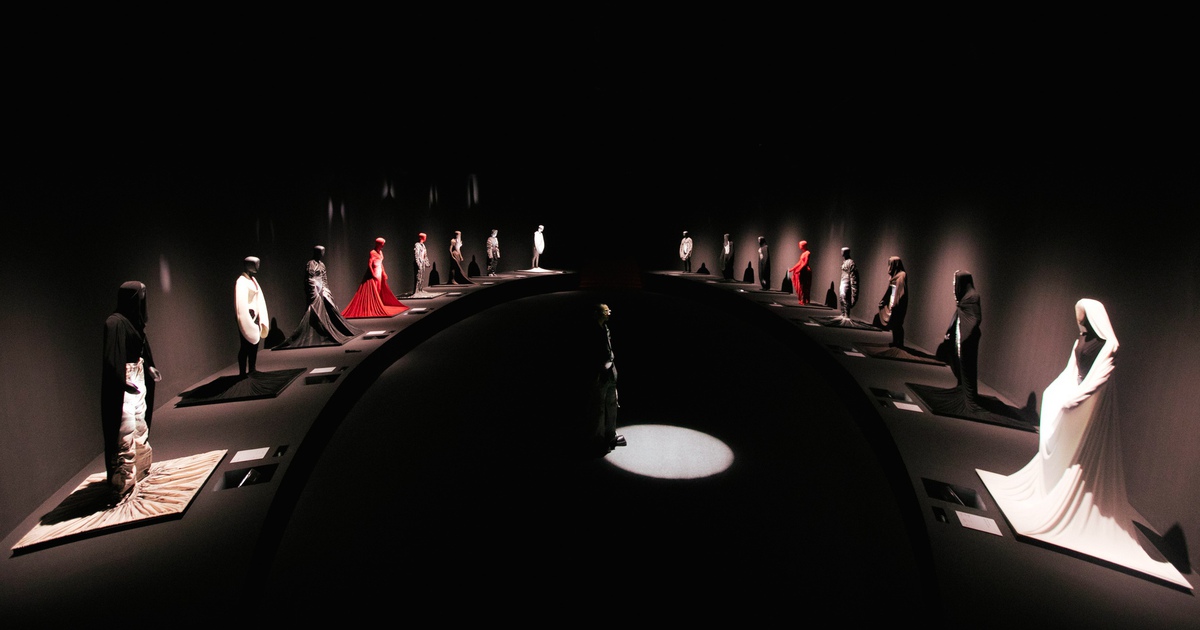Before arriving de facto To the White House, Donald Trump is already imposing his stamp on foreign policy, even though Joe Biden, still president, intends to score the goal, which is half-hearted, for the ceasefire in Lebanon. The hullaballoo of the recent Climate Summit, worthy of a tacky showtelevision if it were not for the brutality of its consequences for the entire planet, it would have been unthinkable in different circumstances. But Trump is here again. And again maneuvering in one of his favorite places: Palestine / Israel. Also again moving the pawns of his particular chess board.
Trump has quickly outlined his Foreign Cabinet, firmly pro-Israel, much more than that of his previous Administration, without minimal counterweights like then. In the Abraham Accords that it sponsored in 2020, it was the UAE and Bahrain, supported by Sudan and Morocco, that materialized what the Arabs call the “normalization” of Israel, that is, its integration into the region outside of rights. Palestinians. They recognized Israel for compensation dependent on their national interests. For better or worse, the Arabs played a leading role. In the current circumstances, not even that.
The truce in Lebanon advances, unfortunately for Lebanese and Palestinians, the main lines of the policy to come, which will be articulated based on the confrontation with Iran. In Tehran they have been preparing for this for months; there is no other way to explain their inaction in the face of the annihilation of Hezbollah, which they have dismissed as a lesser evil, and the very low profile that the Iranian regime has maintained in the face of the genocide in Gaza. With the Lebanese front neutralized and Gaza devastated, Netanyahu believes he can focus on Iran, the main obstacle to his project of “refounding” Greater Israel. For this he has sacrificed the hostages and democracy, and it remains to be seen if not Israel itself, as Israeli intellectuals of the stature of Ilan Pappé predict.
But not even in the most immediate terms is it a resounding victory for Netanyahu. He knows that the enemy has him more inside than outside the house. At the same time that the truce was announced, a poll by Channel 13 television, the second most watched in Israel, maintained that only 26% of Israelis believed that Hezbollah had been defeated. Not only the leader of the pale opposition, Yair Lapid, sold the truce as a defeat and stated that “with populations [israelíes] destroyed, the lives of the people destroyed and the Army exhausted, the far-right Government has been dragged into an agreement”, but that Cabinet ministers, the same one that has approved the ceasefire, have been quick to brand it as “historical mistake” that will not return the displaced citizens of the north to their homes or establish an Israeli military zone in Lebanon, the declared objective of the settler movement that places the borders of Greater Israel at the gates, at least, of Tyre.
After 3,823 dead, 15,859 wounded, a quarter of the Lebanese population displaced and the south of the country destroyed, in the hours before the ceasefire the Israeli Army has emphasized its message with its latest attacks. The Hamra area, the historic commercial artery of Beirut, has been subject to bombing reminiscent of the times of the civil war. In case there was any doubt, the agreement itself guarantees Israel freedom of military action when it considers its security threatened. Within 60 days, the ones established by the truce, Trump will be in the White House for six. It will matter little that Israel was able to break the truce before: a Trumpian peace will follow later.






